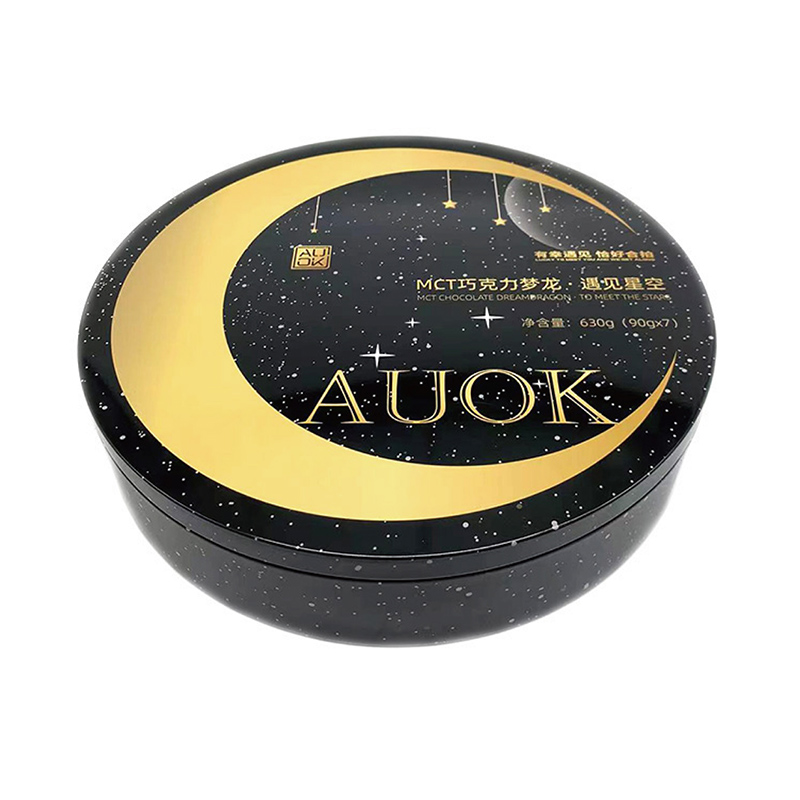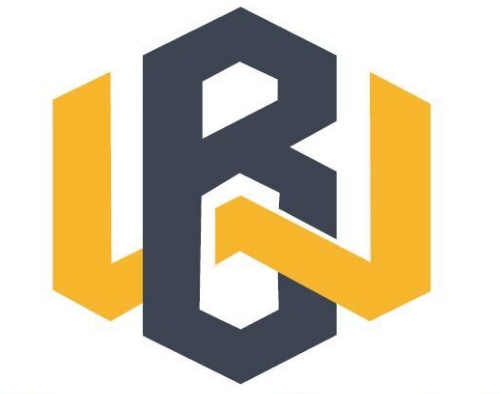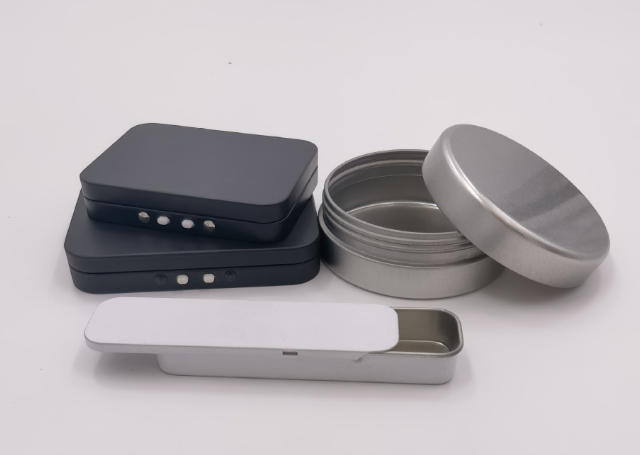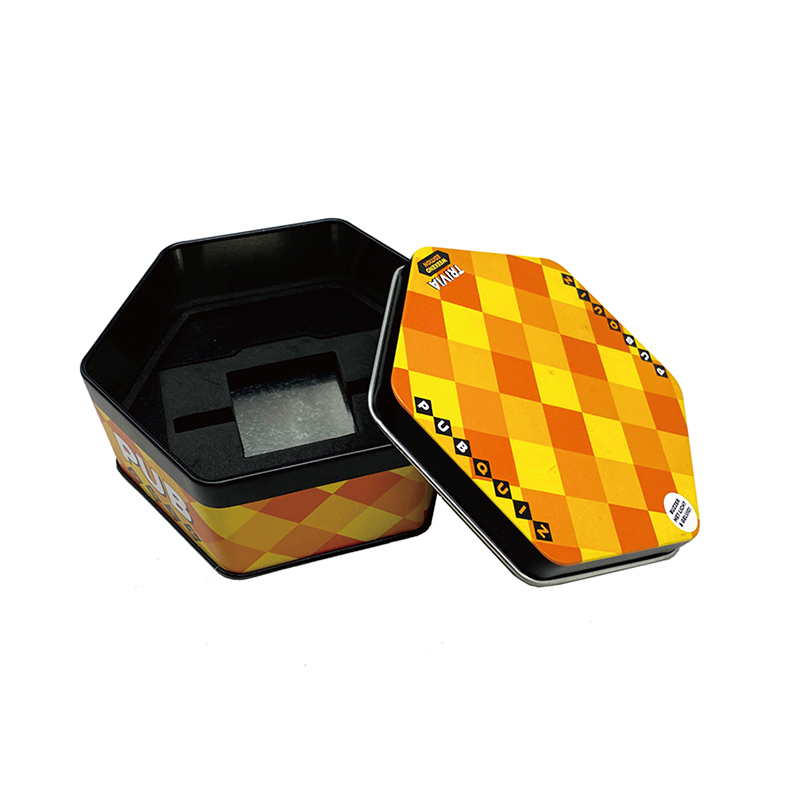Your EU Packaging Partner: A Checklist for Choosing the Right Custom Tin Manufacturer
Your EU Packaging Partner: A Checklist for Choosing the Right Custom Tin Manufacturer

Securing the right packaging for your brand goes far beyond mere aesthetics. For businesses operating or expanding within the European Union, custom tin packaging represents a powerful statement of quality, durability, and brand identity. Yet, the journey to finding a manufacturing partner for these crucial containers is fraught with complexities. It demands meticulous attention to detail, a deep understanding of market nuances, and a strategic approach to partnership selection. This isn't simply about procuring tins; it's about forging a collaboration that upholds your brand's values, navigates stringent regulations, and ensures a seamless supply chain. The choice of your custom tin manufacturer directly influences your product's market reception, your operational efficiency, and ultimately, your brand's enduring success.
Why the Right EU Packaging Partner Matters
The impact of your packaging partner extends far beyond the physical product. A well-chosen manufacturer becomes an integral part of your supply chain and brand strategy, particularly when operating within the European Union.
Quality Assurance: Your tins are the first physical interaction many customers have with your brand. Substandard packaging directly undermines product perception and can lead to costly recalls or damaged goods. A reliable EU partner ensures consistent, high-grade materials and precise manufacturing, reflecting positively on your brand's commitment to excellence.
Regulatory Compliance: The EU operates under some of the world's most rigorous regulatory frameworks, from food contact materials to chemical usage and waste management. Non-compliance isn't just a risk; it's a guarantee of legal penalties, market access restrictions, and severe reputational damage. A knowledgeable EU manufacturer is your frontline defence, ensuring every tin meets the intricate web of directives.
Supply Chain Reliability: Delays, inconsistencies, or unexpected disruptions in your packaging supply can halt production, miss market opportunities, and erode customer trust. A robust EU-based partner offers geographical proximity, streamlined logistics, and a proven track record of timely, consistent delivery, providing peace of mind and operational stability.
Brand Reputation: Packaging is a tangible extension of your brand story. It communicates quality, sustainability, and attention to detail. Flawed or generic packaging can dilute your brand message, while exceptional, compliant tins reinforce your brand's premium positioning and commitment to responsible practices. Your partner's capabilities directly shape this critical brand touchpoint.
Cost Efficiency: While initial cost might seem like the primary factor, true cost efficiency encompasses more than the unit price. It includes avoiding regulatory fines, minimizing waste from defects, optimizing logistics, and leveraging a partner's expertise to innovate designs that reduce material usage or improve shelf appeal. A strategic partner helps you achieve long-term savings and value, not just short-term discounts.
The Essential Checklist: What to Look for in an EU Custom Tin Manufacturer
Selecting a custom tin manufacturer in the EU requires a methodical approach. Use this checklist to evaluate potential partners and ensure they align with your business objectives and the unique demands of the European market.
1. EU Regulatory Compliance & Certifications
Compliance is non-negotiable within the European Union. Your chosen manufacturer must demonstrate a comprehensive understanding and adherence to all relevant EU directives and national laws. For any tin intended for food, cosmetics, or other consumer goods, strict adherence to Food Contact Materials (FCM) Regulations, specifically EU Regulation (EC) No 1935/2004 and associated Good Manufacturing Practices (GMP), is paramount. Inquire about their processes for ensuring material safety and migration limits. Furthermore, their commitment to REACH Compliance (Registration, Evaluation, Authorisation and Restriction of Chemicals) is vital; this ensures no harmful or restricted substances are present in the tinplate or coatings. They should also actively support the Packaging and Packaging Waste Directive, demonstrating initiatives for recyclability, recycled content, and waste reduction throughout their production cycle. Look for internationally recognized Quality Management Systems certifications like ISO 9001, which signifies a robust approach to quality control, and ISO 14001, indicating a commitment to environmental management. Finally, verify their Ethical Sourcing & Labor Practices, ensuring their operations comply with EU labor laws and uphold responsible supply chain standards, which is increasingly important for consumer perception and brand integrity.
2. Manufacturing Capabilities & Capacity
A manufacturer's capabilities must align perfectly with your current and projected needs. Begin by assessing their Production Volume capacity. Can they comfortably handle your initial order size, and more importantly, can they scale up to meet future growth or seasonal peaks without compromising quality or lead times? Explore their Customization Options extensively. This includes the range of tin shapes and sizes they can produce, from standard rounds and rectangles to bespoke, intricate designs. Crucially, delve into their printing capabilities: do they offer high-definition CMYK, precise Pantone matching for brand consistency, special effects like spot UV, or embossing/debossing for tactile brand elements? Understand their Material Variety – what grades of tinplate do they use (e.g., electrolytic tinplate, tin-free steel) and what finishes are available (e.g., matte, gloss, metallic)? Obtain Lead Times for both prototyping and full production runs, ensuring these are realistic and fit your product launch schedules. Finally, assess their Flexibility; a responsive partner can adapt to design iterations, unexpected changes in order volume, or urgent re-stocking requests, providing crucial agility for your operations.
3. Quality Control & Assurance Processes
Robust quality control is the bedrock of reliable packaging. A reputable EU manufacturer will have stringent In-house QC protocols at every stage of production. Ask for a detailed explanation of their inspection points: from incoming raw material verification (tinplate, inks, coatings) to in-process checks during stamping, forming, and printing, culminating in a thorough final product inspection before dispatch. Inquire about their typical Defect Rates for various product types and how they manage and rectify any discrepancies or non-conformities. Understanding their Testing Procedures is also vital; this might include leak tests for hermetic seals, adhesion tests for print durability, corrosion resistance tests, or drop tests to ensure structural integrity during transit. Furthermore, a strong Traceability system is essential. They should be able to trace every batch of materials and every stage of production, allowing for rapid identification and resolution of any issues that may arise, providing an audit trail for compliance and quality management.
4. Experience & Portfolio
A manufacturer's track record speaks volumes about their reliability and expertise. Consider their Years in Business; longevity often signifies stability, accumulated knowledge, and a proven ability to adapt to market changes. More importantly, assess their Relevant Industry Experience. Have they successfully produced custom tins for brands within your specific sector, whether it's gourmet food, luxury cosmetics, premium confectionery, or industrial components? Their understanding of your industry's unique demands and regulatory nuances is invaluable. Case Studies & Examples of their previous work, particularly for other EU clients, provide tangible evidence of their capabilities and design prowess. Request a comprehensive portfolio that showcases the breadth and quality of their custom tin projects. Finally, don't hesitate to ask for Client Testimonials & References. Speaking directly with their existing clients can offer invaluable insights into their communication, problem-solving abilities, and overall partnership quality, providing an unbiased perspective on their operational excellence.
5. Communication & Customer Service
Effective communication is the cornerstone of any successful B2B partnership. Evaluate a manufacturer's Responsiveness – how quickly do they acknowledge inquiries, provide quotes, and address concerns? Slow communication can lead to costly delays and misunderstandings. Ideally, you should have a Dedicated Account Management team or individual who understands your specific needs and acts as your primary point of contact, streamlining interactions and ensuring continuity. Language Capabilities are particularly relevant for the diverse European market; ensure their team can communicate effectively in languages pertinent to your operations, minimizing misinterpretations. Crucially, assess their Problem-Solving Approach. How do they handle unexpected challenges, design adjustments, or production issues? A proactive, solution-oriented partner who communicates transparently about problems and proposes clear resolutions is far more valuable than one who avoids difficult conversations. Strong customer service reflects a commitment to long-term relationships.
6. Pricing Structure & Transparency
Understanding the cost structure of your custom tins is essential for budgeting and profitability. Demand Detailed Quotations that are comprehensive and clearly break down all associated costs. This should include material costs, tooling charges (if applicable for new designs), printing costs (per color, per pass, or per technique), and shipping expenses to your desired EU location. Beware of any vague or lump-sum figures. Insist on No Hidden Fees; all potential charges, from design revisions to expedited shipping, should be explicitly stated upfront. Discuss Payment Terms that are mutually agreeable and align with your company's financial policies. Finally, look beyond the bottom line to understand their Value Proposition. Are you simply paying for a tin, or are you investing in a partner who provides regulatory expertise, design support, reliable logistics, and consistent quality? A slightly higher price for a partner who guarantees compliance and avoids costly errors can be significantly more cost-effective in the long run.
7. Logistics & Supply Chain Management
Efficient logistics are paramount for seamless operations within the EU. Your chosen manufacturer should demonstrate robust Shipping within EU capabilities, possessing an established network and experience in distributing products across various European countries. Inquire about their preferred shipping methods, transit times, and any partnerships with reputable logistics providers. If your business requires it, explore their Warehousing Options; some manufacturers offer storage solutions, which can be beneficial for managing inventory and optimizing just-in-time delivery. Their Delivery Reliability is a critical metric; ask for data or references concerning their track record for on-time deliveries. Delays in packaging can ripple through your entire production schedule. Finally, their Customs & Duties expertise is vital for cross-border operations within the EU. While the single market simplifies many aspects, understanding specific national requirements, tariffs, or documentation for certain goods or regions can prevent costly hold-ups and ensure smooth importation.
8. Sustainability Practices
Sustainability is no longer a niche concern but a core expectation for businesses and consumers across Europe. Partnering with a manufacturer committed to environmental responsibility enhances your brand's image and aligns with evolving market demands. Inquire about their use of Recycled Content in their tinplate or other materials. While tin is inherently recyclable, a commitment to using post-consumer or post-industrial recycled content demonstrates proactive environmental stewardship. Emphasize the Recyclability of the final product; ensure the tin's design and coatings allow it to be easily recycled within common EU waste streams. Ask about their Energy Efficiency initiatives within their manufacturing processes, such as renewable energy sources, waste heat recovery, or optimized machinery to reduce their carbon footprint. Furthermore, investigate their Waste Reduction programs, including minimizing scrap, reusing materials, and responsible disposal of hazardous waste. A transparent and proactive approach to sustainability can be a significant differentiator for your brand.
Making Your Decision: Key Questions to Ask Potential Partners
As you narrow down your choices, these direct questions will help you gain clarity and confidence in your final decision:
"Can you provide comprehensive proof of your EU regulatory compliance for food contact materials, including recent audit reports or certifications?"
"What is your typical lead time for an initial order of [specify your estimated volume, e.g., 50,000 units] custom tins, from design approval to delivery at our EU facility?"
"How do you ensure consistent quality and color matching across large production runs, particularly for repeat orders over time?"
"Can you share detailed examples of custom tin projects you've completed for other EU brands in the [your industry, e.g., confectionery, cosmetics] sector, highlighting any unique challenges overcome?"
"What specific sustainability initiatives do you have in place regarding material sourcing, production energy consumption, and waste management?"
Partnering for European Success
Choosing the right custom tin manufacturer in the EU is a strategic investment in your brand's future. It demands a meticulous evaluation process that goes beyond price, focusing on compliance, capability, quality, and shared values. By diligently applying this checklist, you're not just selecting a supplier; you're forging a vital partnership. This collaboration will be instrumental in ensuring your products are beautifully presented, legally compliant, and delivered reliably, allowing your brand to thrive and capture the hearts of European consumers.
Welcome to contact us and send inquiry.



